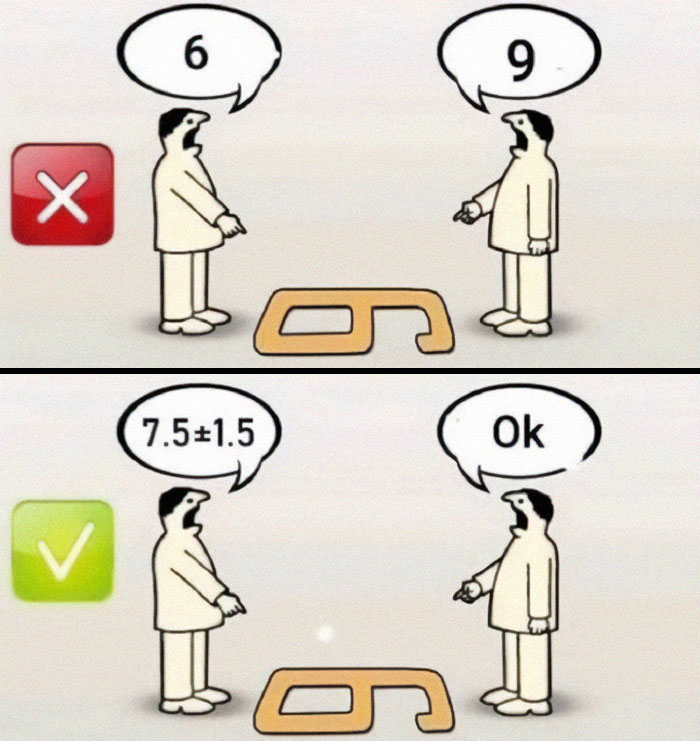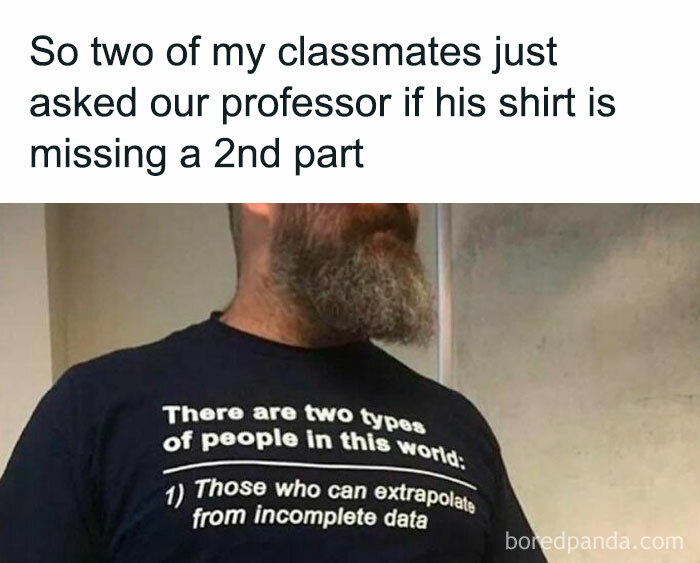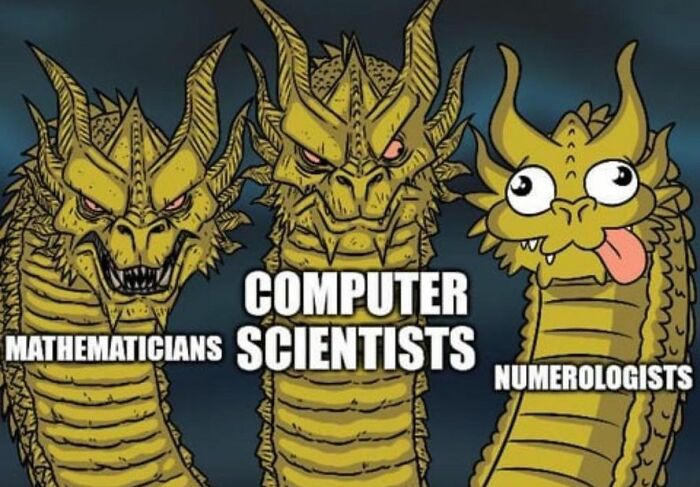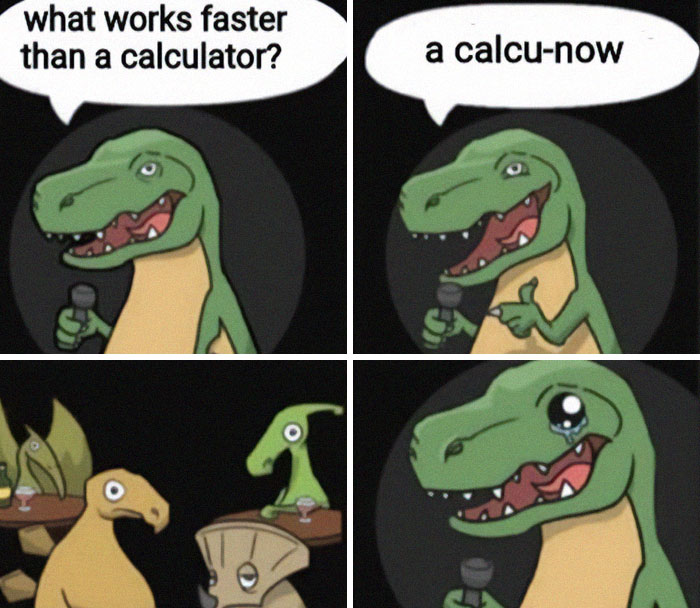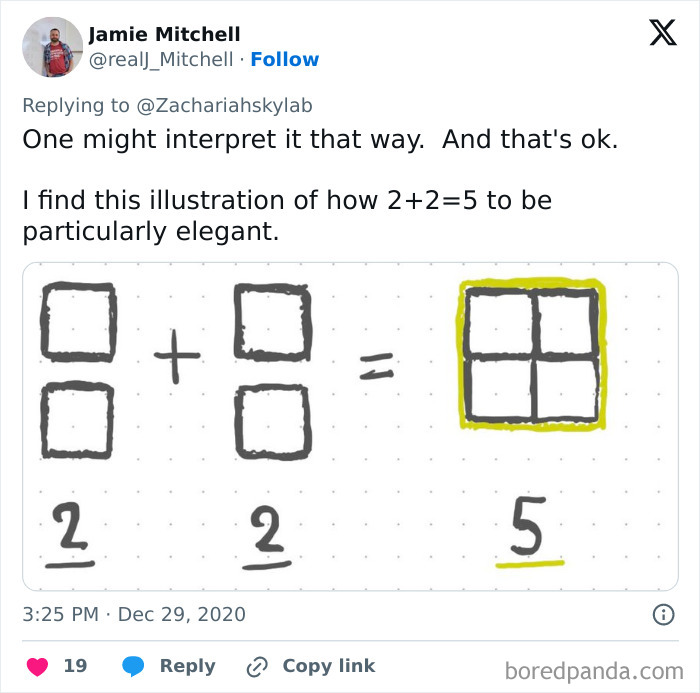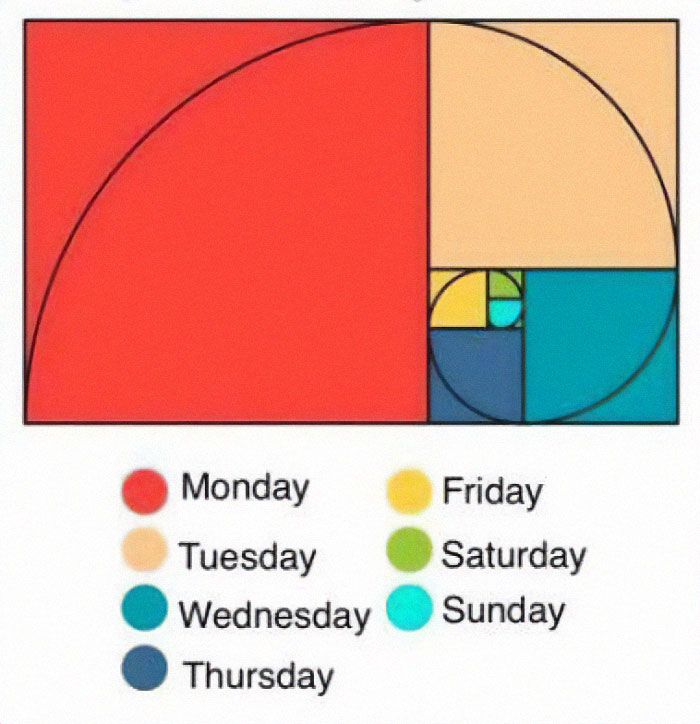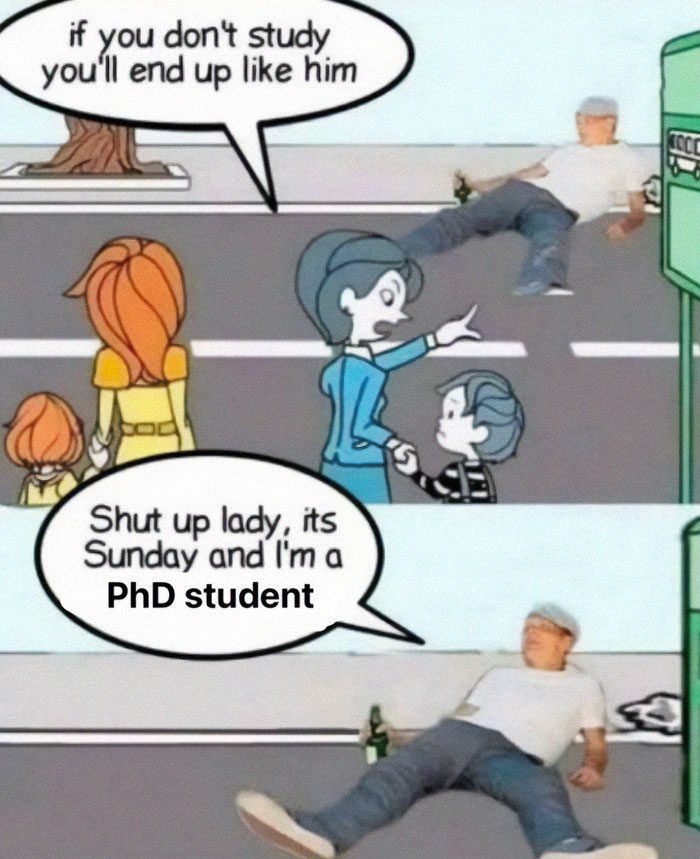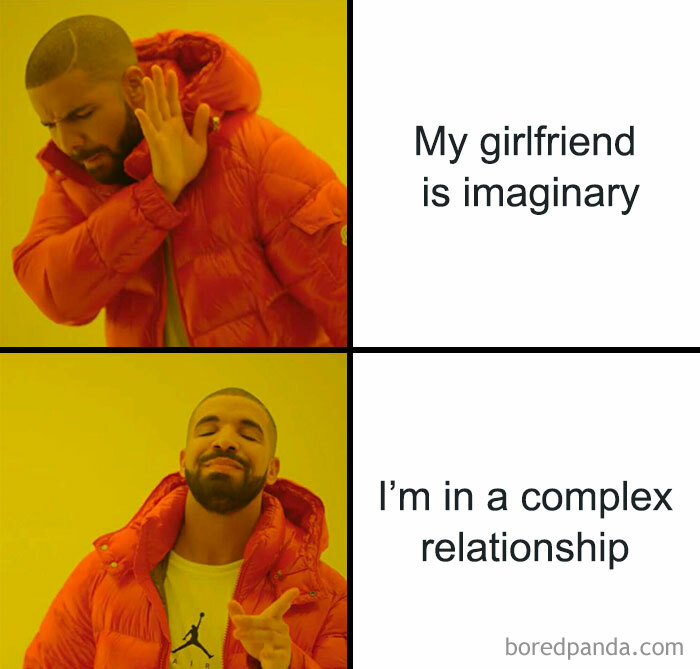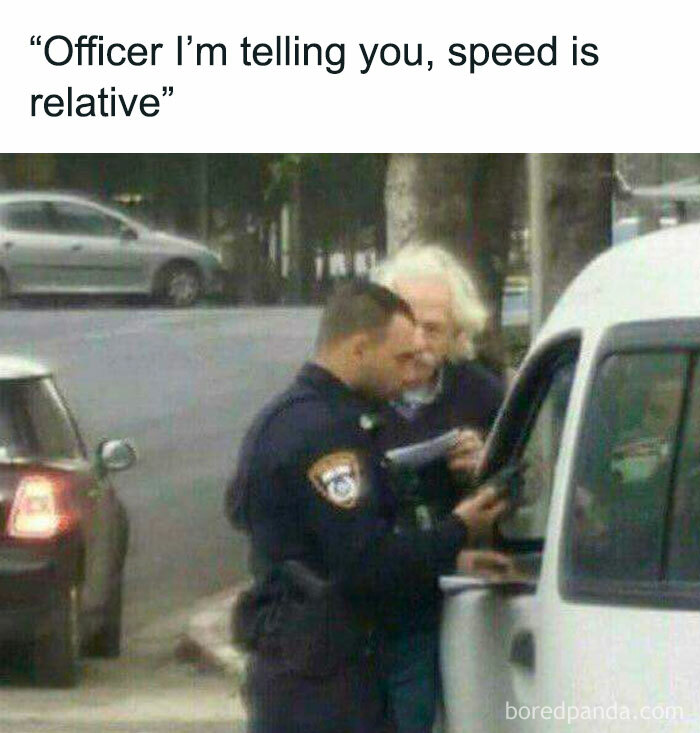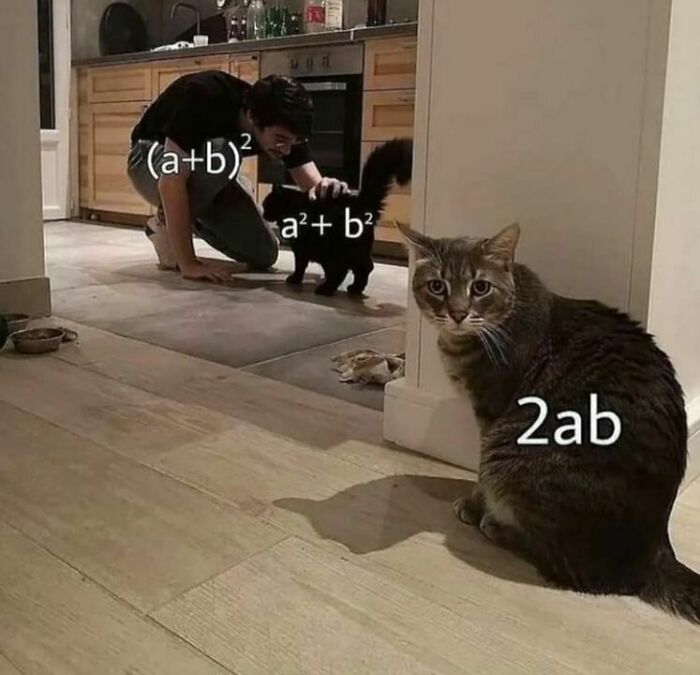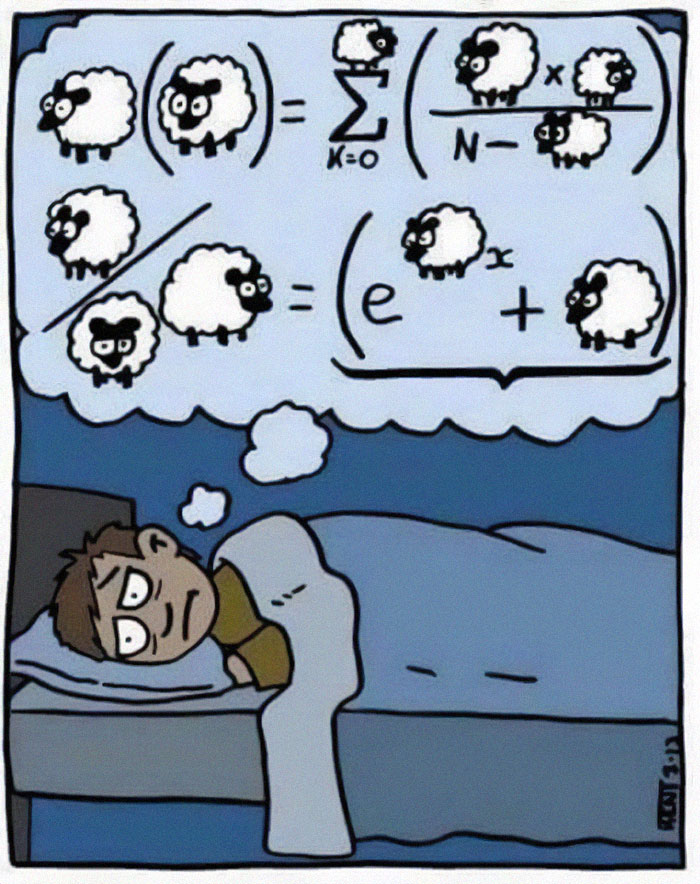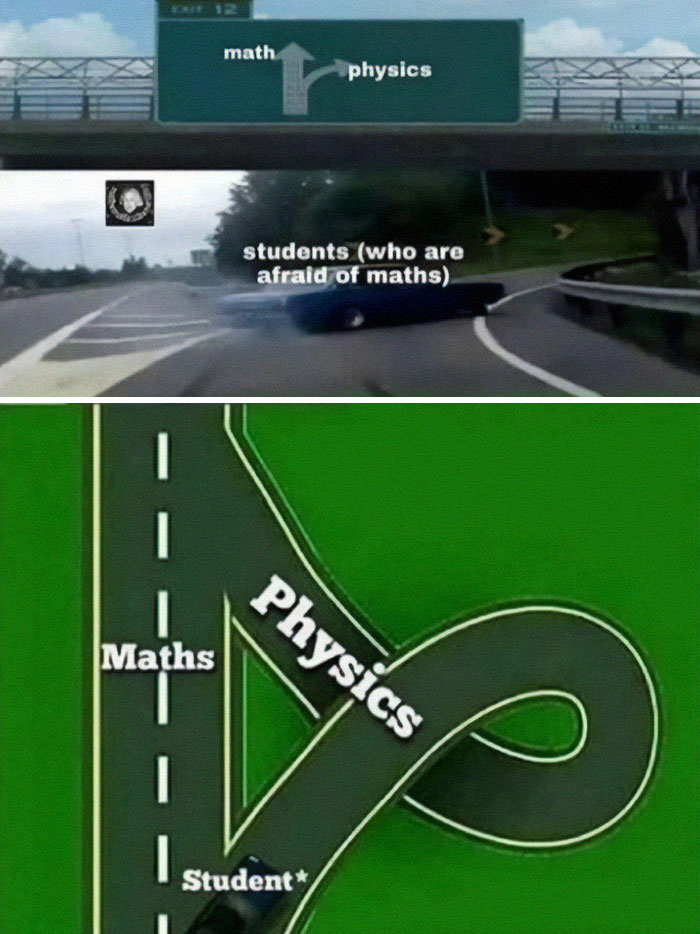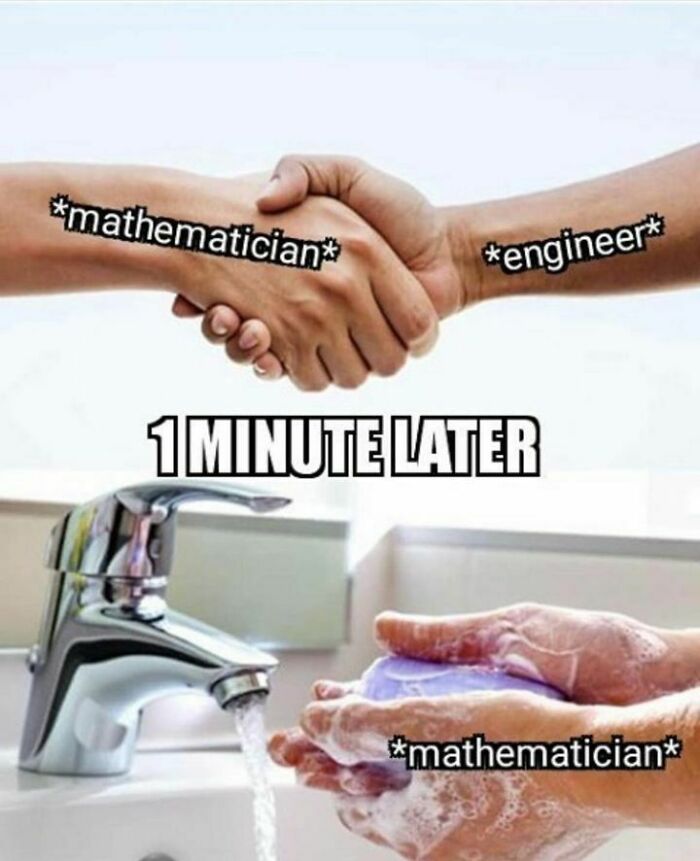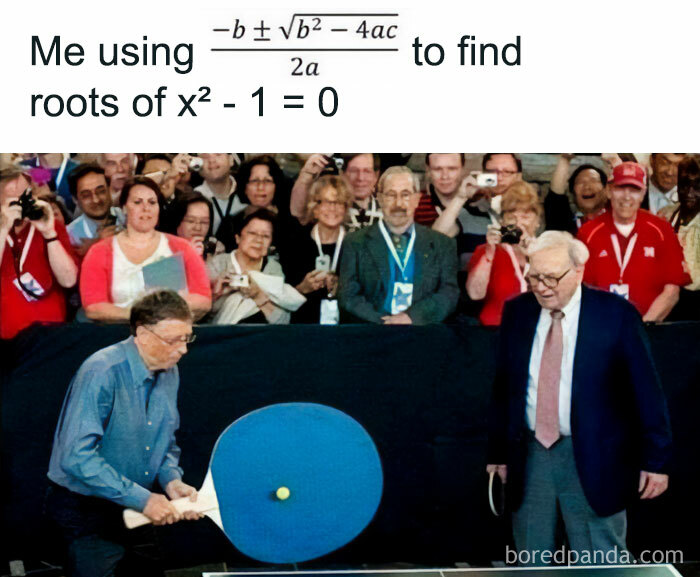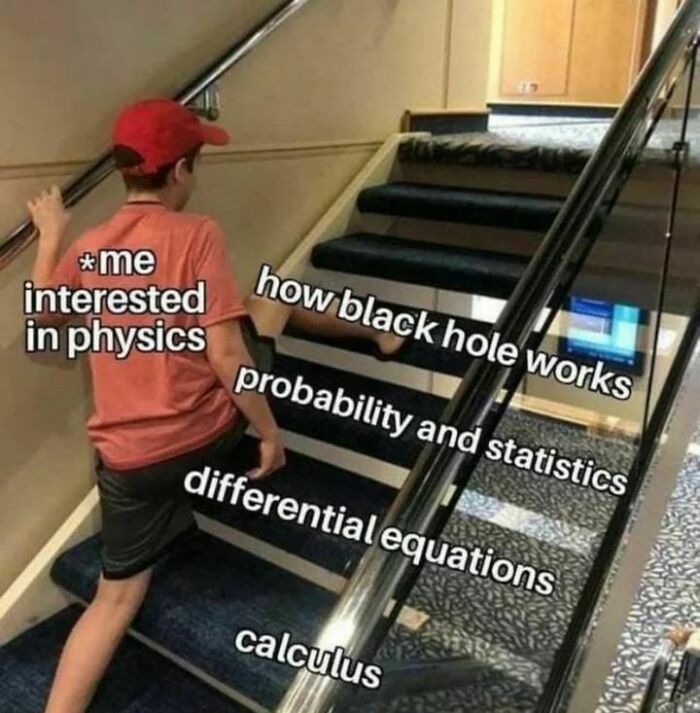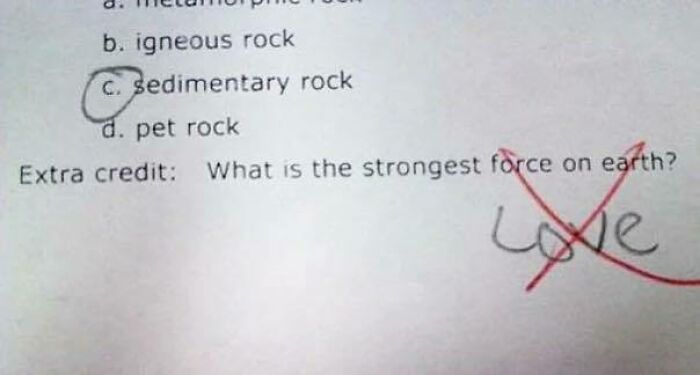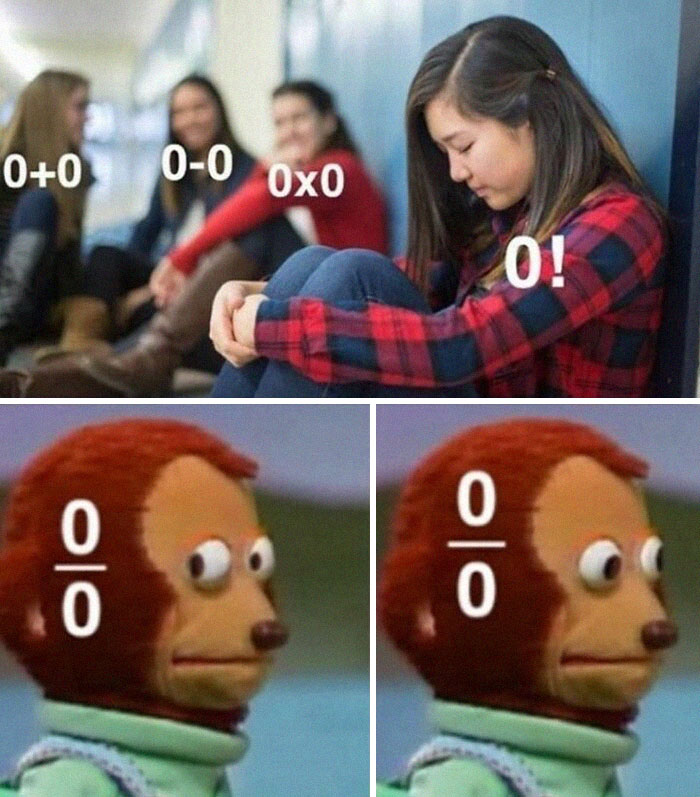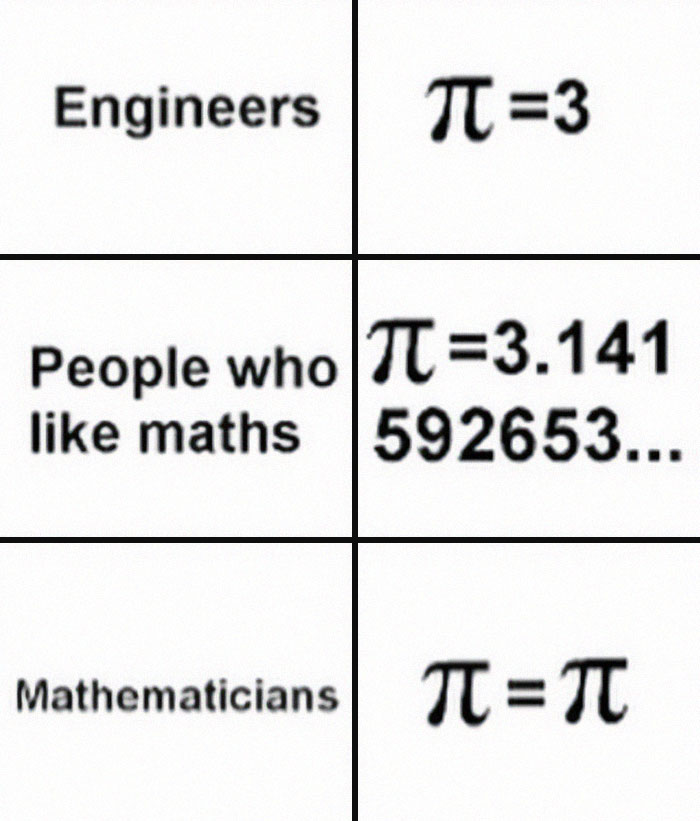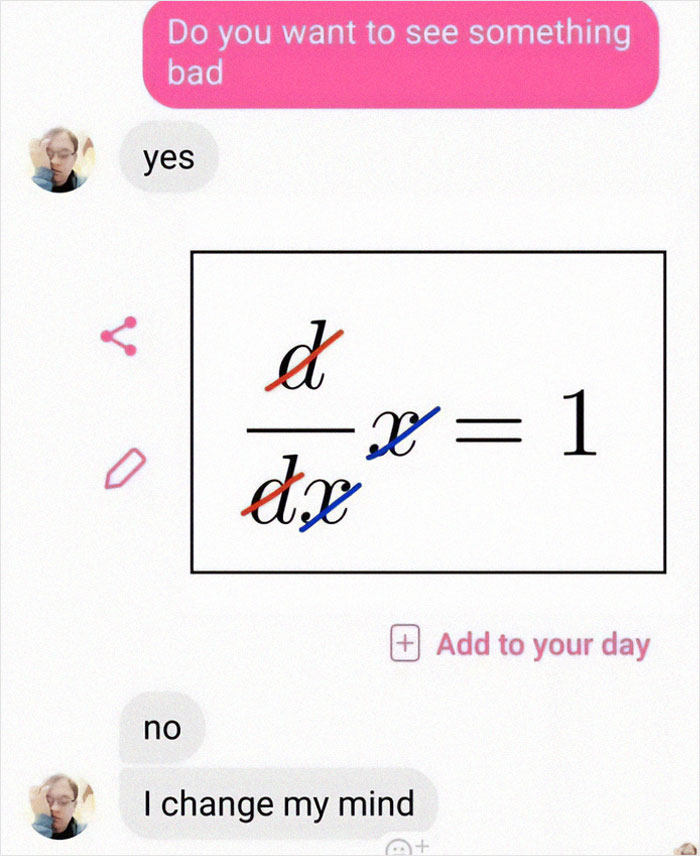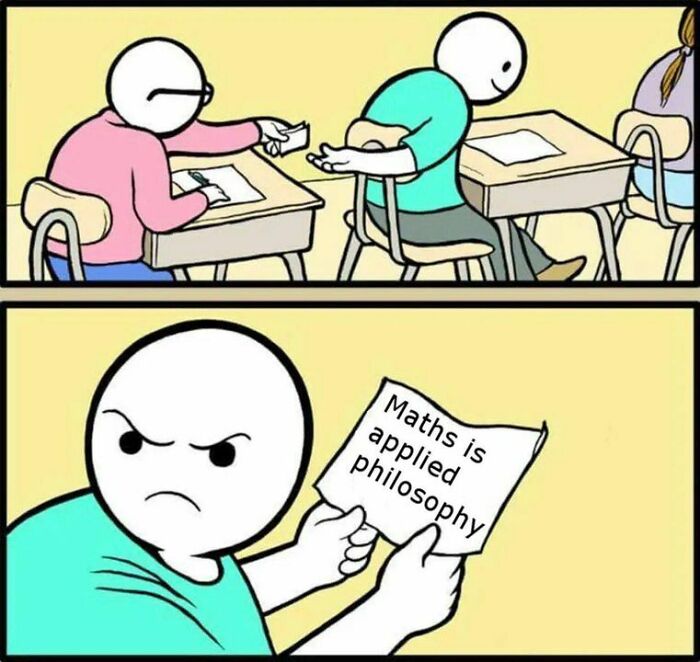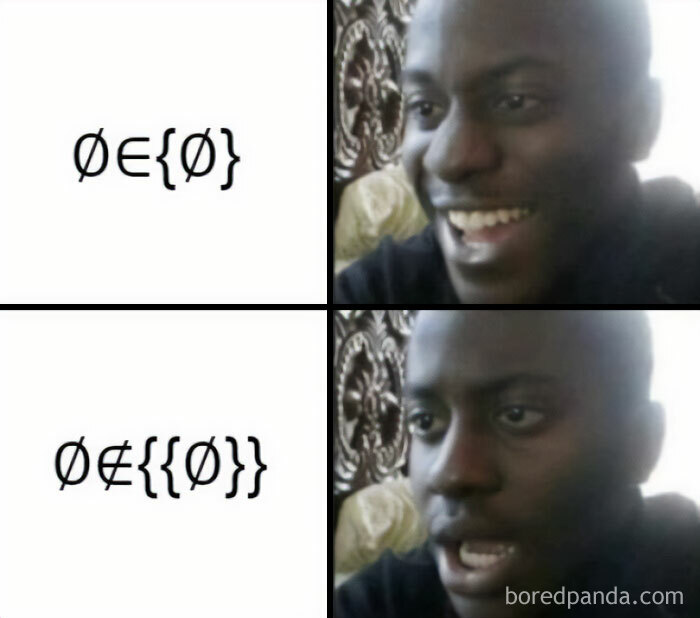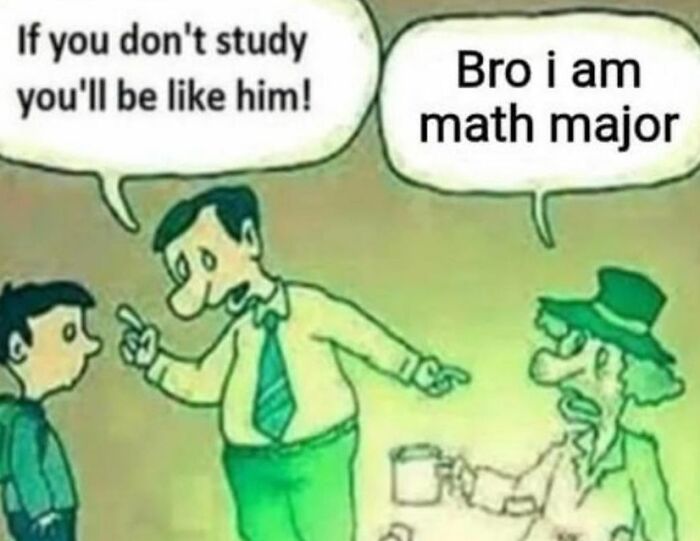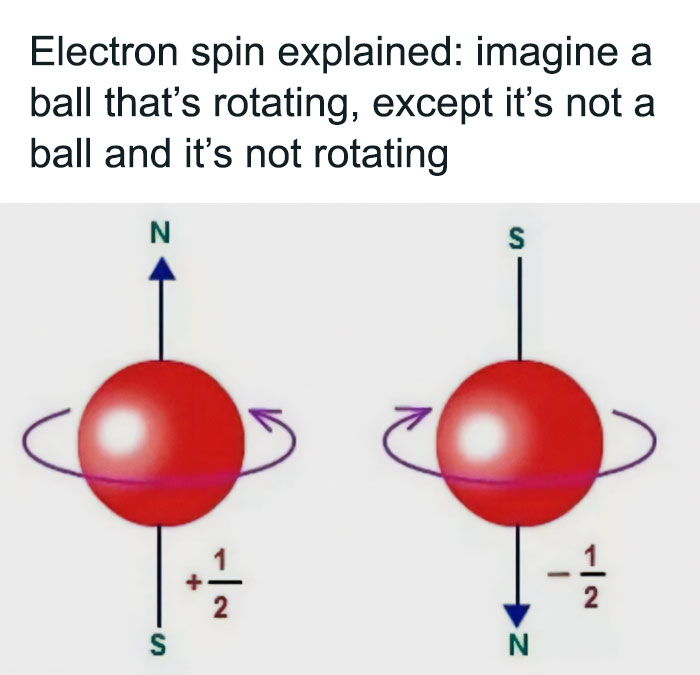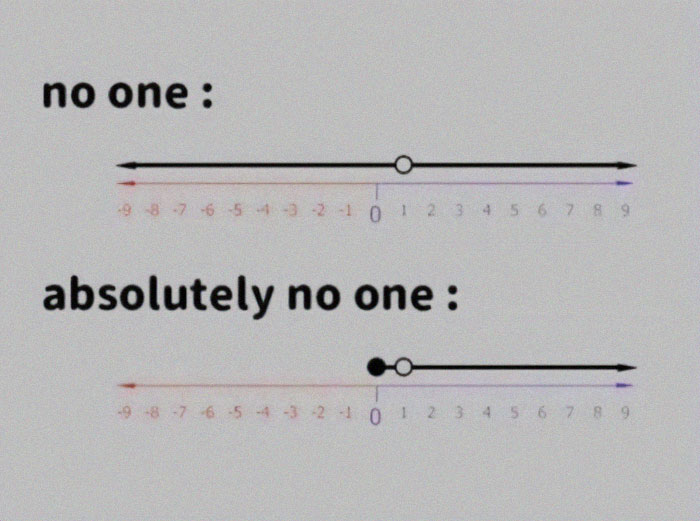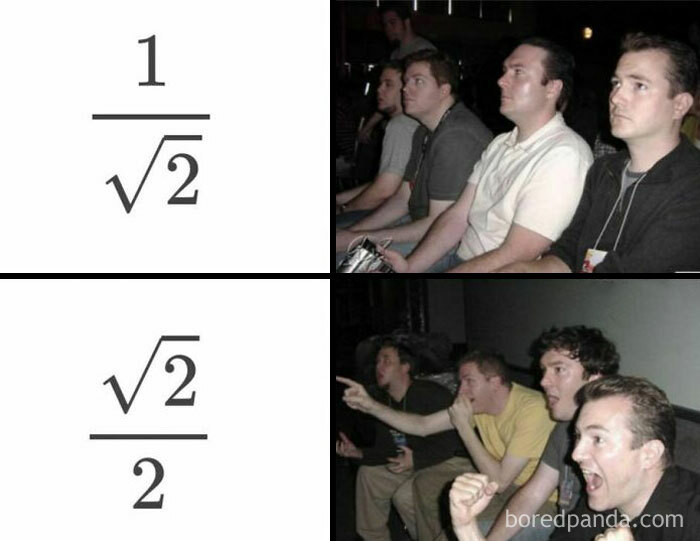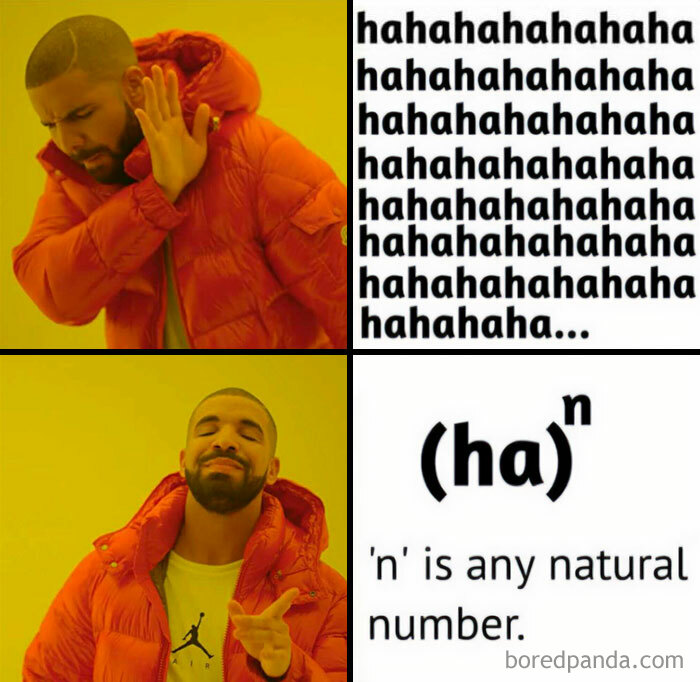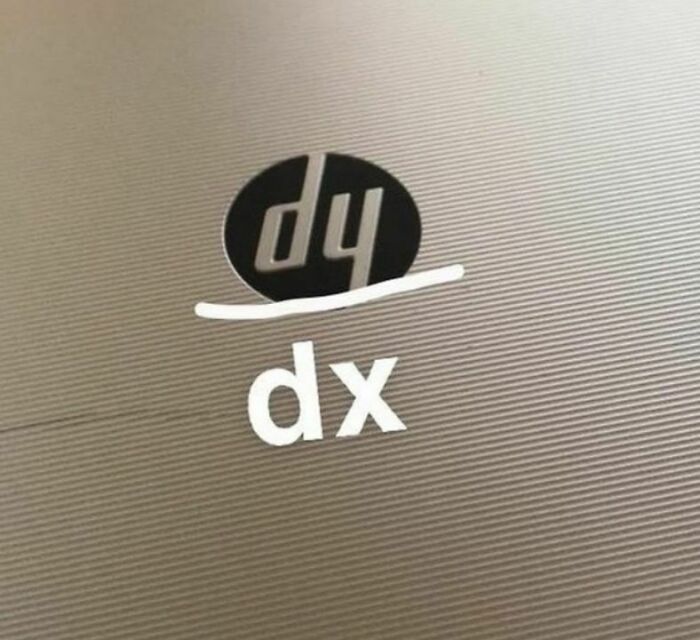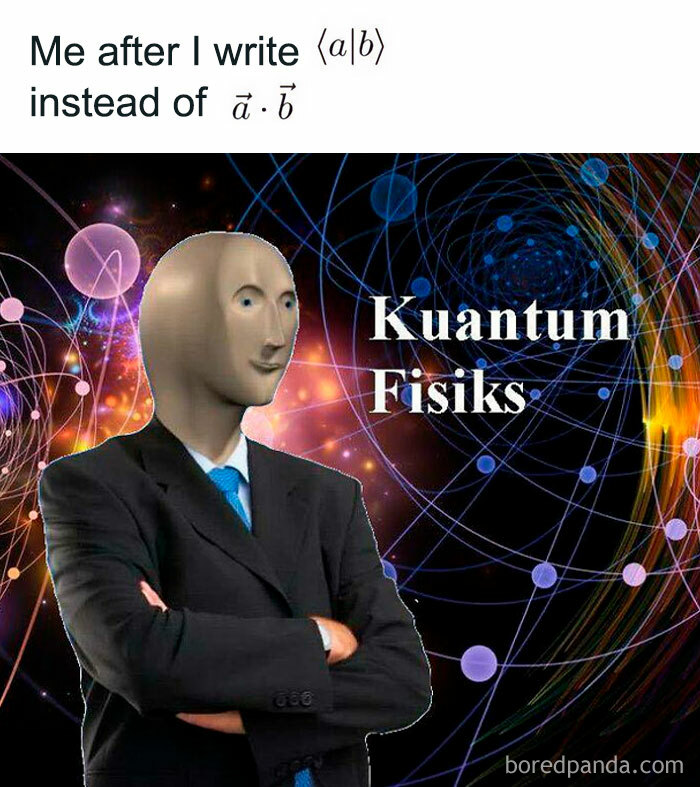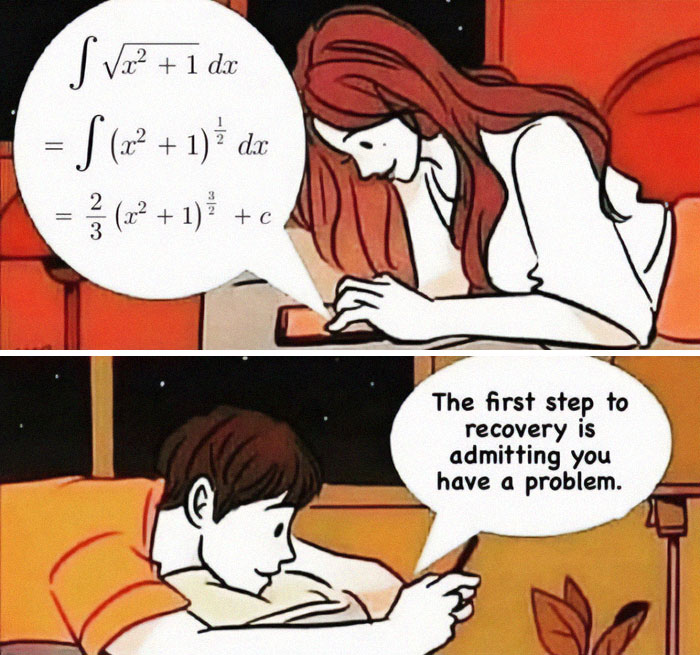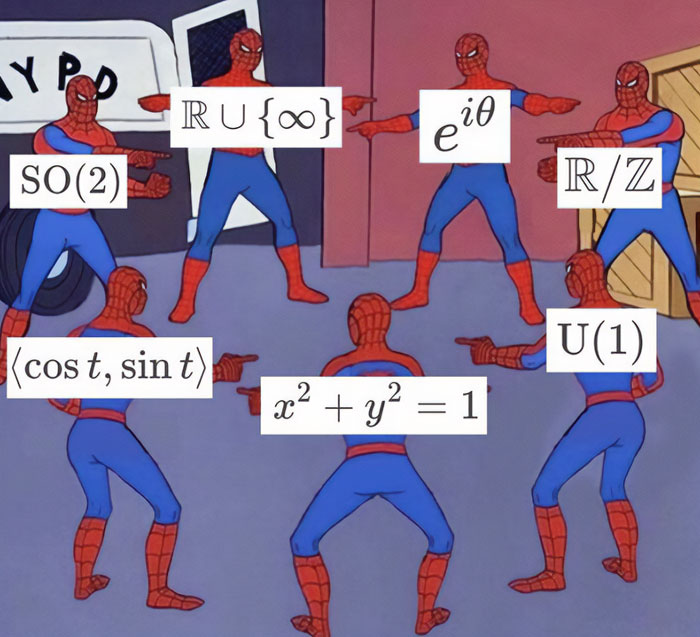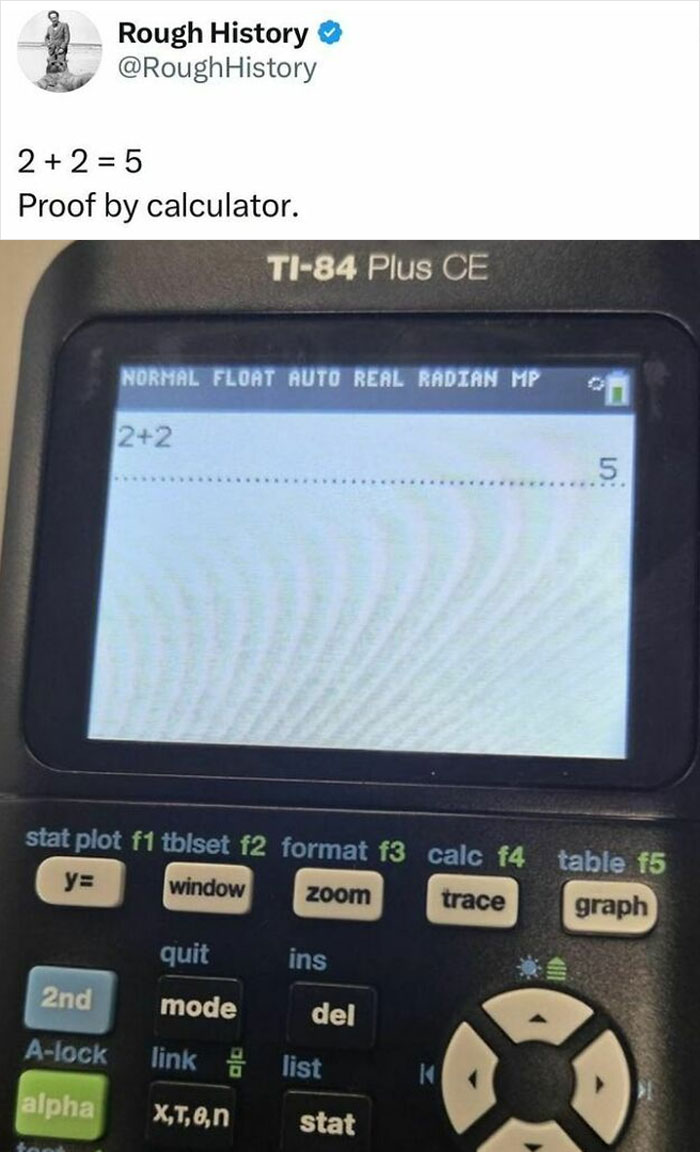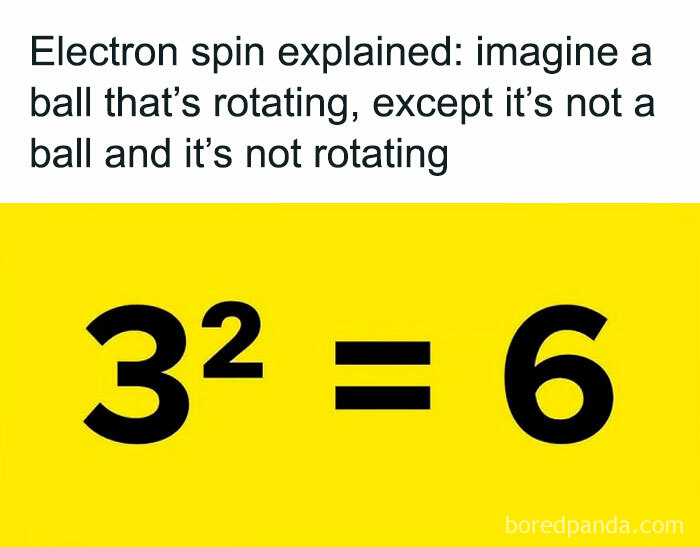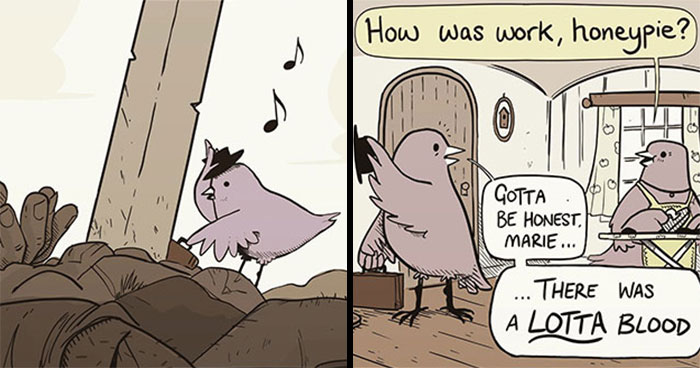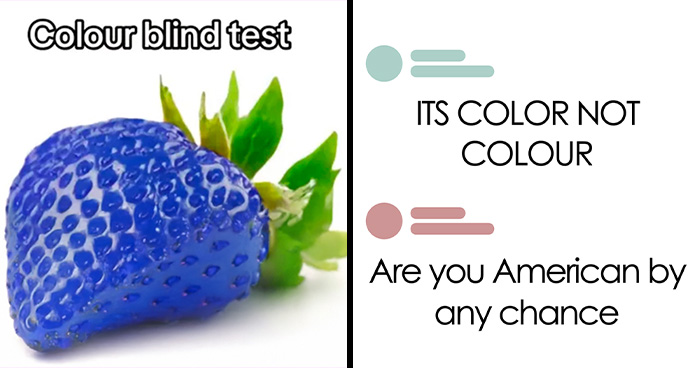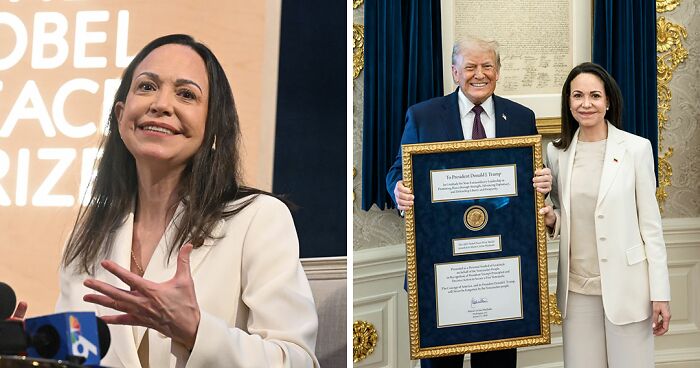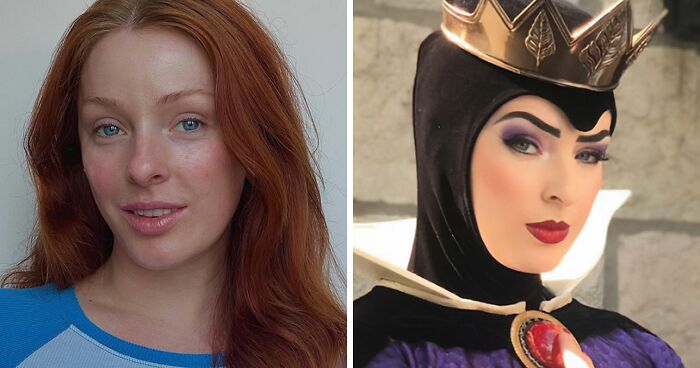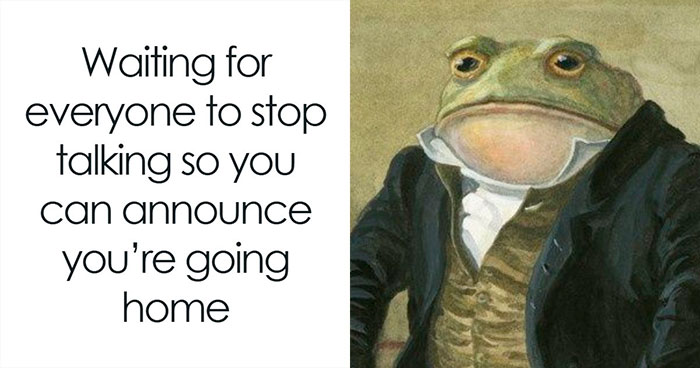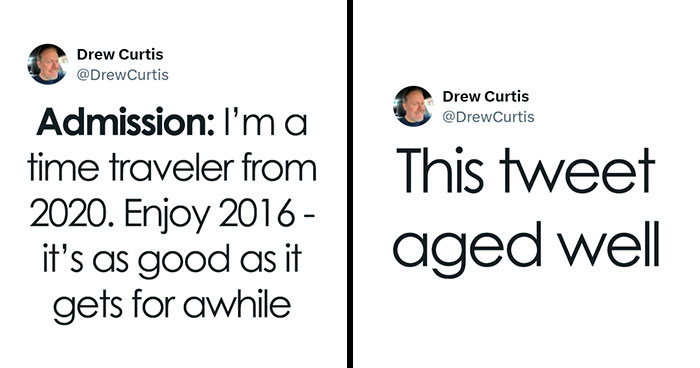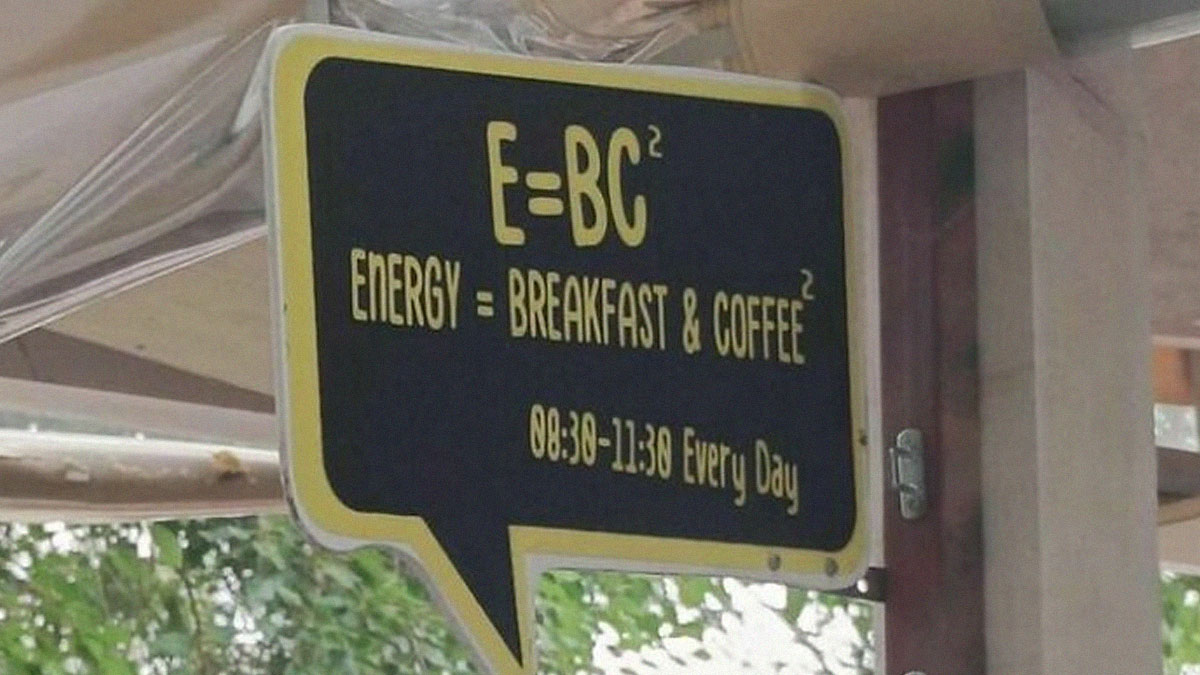
These 30 Memes May Help You Get Through Another Day Of Doing Math
Interview With ExpertMath sometimes gets a bad rap. Traditionally, it’s not the most well-liked subject in school. Students often complain that it’s difficult to understand. In fact, in a 2023 survey, math ranked only above foreign languages as a subject in terms of people’s favorite. 59% of respondents said they liked or loved math when they were in high school.
Perhaps some of these math lovers are now fans of the Meme For Mathematicians Facebook page. It’s the perfect place to go to have a chuckle or two if you’re a professional mathematician or just an average fan of crunching numbers.
Bored Panda reached out to Ben Orlin, the creative mind behind Math with Bad Drawings. We asked Ben why math should be important to everyone and what the best ways to learn and teach it are. Read our conversation with him below!
This post may include affiliate links.
If only all arguments could have a mathematical solution we can agree on.
The 'Meme for Mathematicians' page has around 250k followers and has been entertaining math enthusiasts since 2020. And it's not just a Facebook page; they're on Instagram, too. Their X (Twitter) page, however, goes in a bit of a different direction. Titled RoughHistory, it's a place for interesting historical pictures, coupled with the occasional funny memes and videos.
We might think that not many people go on to study mathematics, but in 2020, about 1.9 million students got their bachelor's degrees in mathematics. The 2018 Cambridge International Global Education Census actually found that mathematics was the most popular subject among students.
To learn more about the wonderful world of mathematics, we reached out to Ben Orlin. He's the author of four books about mathematics: Math with Bad Drawings, Change is the Only Constant, Math Games with Bad Drawings, and Math for English Majors which came out this year. He presents the many practical and wonderful ways in which math shapes our world. And he does that through the medium of stick figure cartoons.
Ben is a Yale graduate in mathematics and grew up in a very mathematical world. His dad is a math professor at MIT, his sister is a math teacher as well, and his wife is a research mathematician. But Ben decided to become a teacher of mathematics in quite an unconventional, less academic way.
I am one to believe that Tuesday is the worst weekday. Mondays suck because the weekend but sometimes it's 3 day weekend. Wednesday day is half way through. Thursday is tomorrow's Friday. Friday is tomorrow is the weekend but sometimes it's a 3 day weekend. But Tuesday can only say at least I'm not this guy who is apart of the 3 day weekend.
"Math is gorgeous and bizarre," Ben tells us when we ask him why math is important for everyone to know. "It gives us fractal coastlines, logical paradoxes, infinities nested like matryoshka dolls, perfect wheels that aren't circles, and curves that somehow have a sharp corner at every single point."
"At its best, math will blow your mind into little pieces, and then stitch those pieces back together into a whole new mind that better appreciates the weirdness of our universe."
Speed is relative. Unfortunately both your speedometer and a radar work on the same plane of relativity.
As a teacher, Ben knows a thing or two about how hard the subject can be for some students. Sometimes, it's not just about maths being hard; some students can find it outright boring. He says the first thing teachers should do is establish a connection. "You've got to know your students," he says. "There's no teaching without relationships."
So, what about it? Zero is not any less significant or useful than any other number.
My weird brain: why’s they show “sheep X sheep” and not two sheep f*ing? Multiply! I guess that’d make “sheep / sheep” pretty weird though…
However, just because math is hard, that shouldn't deter teachers from giving students more demanding problems to solve. Pushing students just the right amount might make them fans of mathematics. "Give them problems that are welcoming but challenging," Ben told Bored Panda. "Math won't always feel easy – but it should feel approachable."
"Third, honor their thinking," Ben goes on. "Math is meant to sculpt our powers of logic, calculation, and reason – and to do that, you've got to appreciate the beauty of the raw material, all the fabulous intuitions and insights that students already have."
"Then, if all else fails, slap some dollar signs in front of the numbers," Ben recommends. "'Negative four' doesn't always capture the imagination. 'You owe me four bucks' always does."
There are many different branches of math: algebra, trigonometry, calculus, statistics, geometry, etc. But Ben Orlin finds probability the most fascinating. "My first book had chapters on lottery tickets, financial meltdowns, and human genetics. It's bizarre that the same simple mathematics applies to all of these things. Plus, probability gives us simple problems whose solutions are totally counterintuitive."
I'm a former engineer and astronomer and I remember it as 3.14159. almost no one needs more than that.
dx generally does NOT equal d times x. It's the derivative of x.
"We sometimes call them 'paradoxes,'" Orlin goes on. "For example, the birthday paradox. But all they are is straightforward calculations that happen to shatter our expectations. In a room of just 23 people, it's likelier than not that two people share a birthday. Weird, but true."
Nah. Philosophy is people who don't understand math trying to put words to it.
Doing math is good for us and our brains. A Stanford University study shows that students who are good at math are also better at decision-making and retaining visual attention. You might've been thinking in school that you'll never need to use the Pythagorean Theorem, but learning math at school isn't really about that.
Okay, half of these are lost on me - I studied languages for a reason 😅
Doing math consistently fosters our neuroplasticity, or, as Neil DeGrasse Tyson put it, 'A new kind of brain wiring,' one that makes us better at problem-solving. It's not about the facts and the formulas that we learn, but about what methods, tools, and tactics we've had to develop to solve those mathematical problems.
Took me a second. Wave particle duality. The double slit experiment.
Okay, who else thought "hole in one" at first and sat there trying to figure out what golf had to do with this? (Btw if ppl want to know, the joke is that there's a hole at 1, meaning it's literally "no one"; for "absolutely no one" there's nothing below 0, which is what absolute value of numbers causes)
My uncle was a civil engineer and mother was a doctor. He liked to say, "when you make a mistake somebody dies, when I make a mistake a LOT of people die"
On the second one, divide top and bottom by the square root of two to get the first one.
No, LaTeX is dumb. I don't understand why people insist on using it.
Stats wasn't that hard for me. It was way easier than integral calculus.
This is like that magic trick anyone can do - watch me shuffle these cards into an order that has (most likely) never been seen before! Tadaaaa!
Alan Turing. He and his team shortened WWII and saved countless lives. In return, the persecuted him for being gay, gave him a choice between jail and chemical castration, and when he chose the latter, it depressed him so much he unalived himself.
You can extend this.. Sqrt(1234567899987654321) = 1111111111; Sqrt(123456789989987654321) = 11111111111; Sqrt(12345678998789987654321) = 111111111111 Sqrt(1234567899876789987654321) = 1111111111111 and so on.
Either there’s a very clever link between this text and this image, or I’m even more lost than I already was.
No that is Incorrect three to the second power is 9 Because 3*3 =9
No that is Incorrect three to the second power is 9 Because 3*3 =9

 Dark Mode
Dark Mode 

 No fees, cancel anytime
No fees, cancel anytime 



